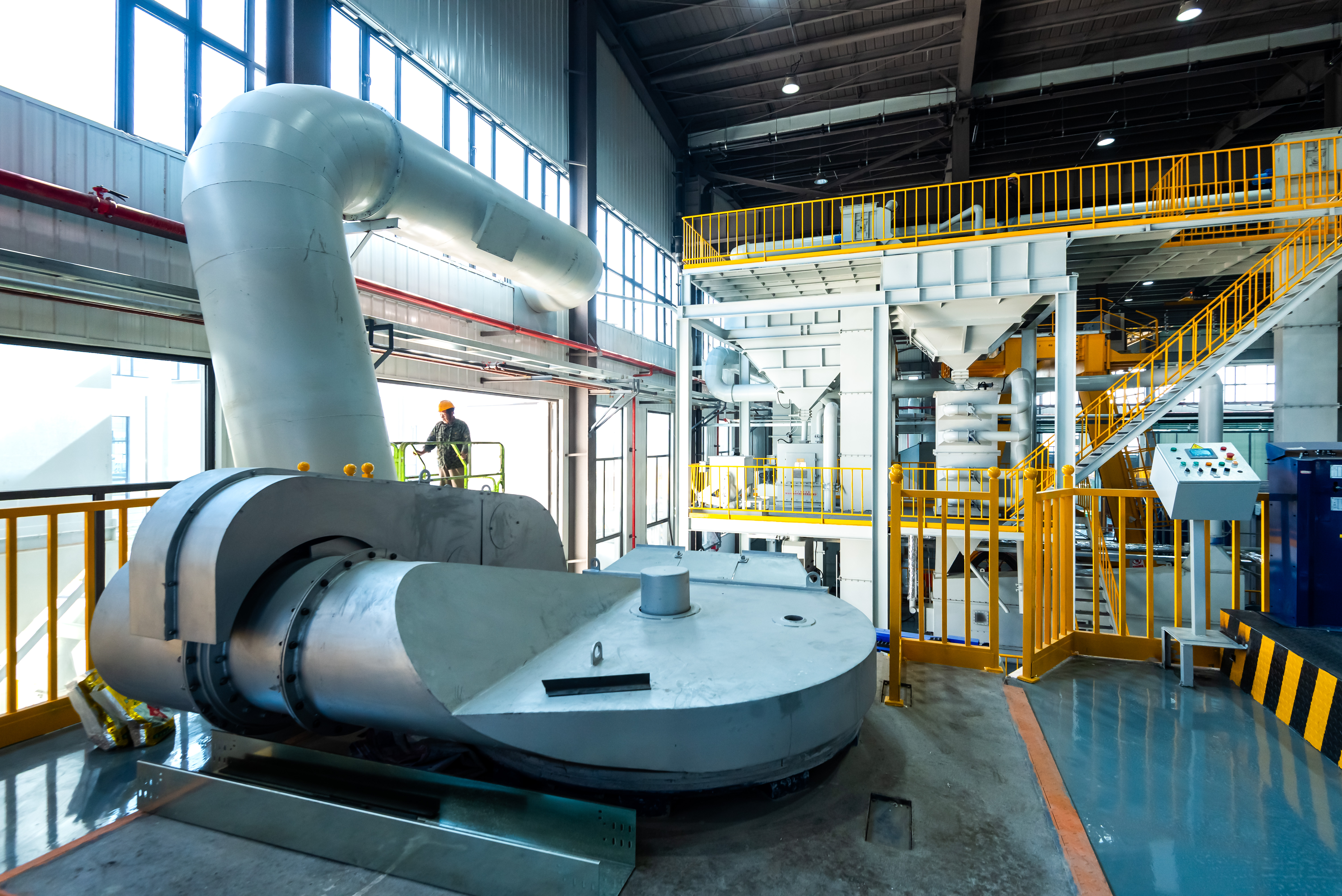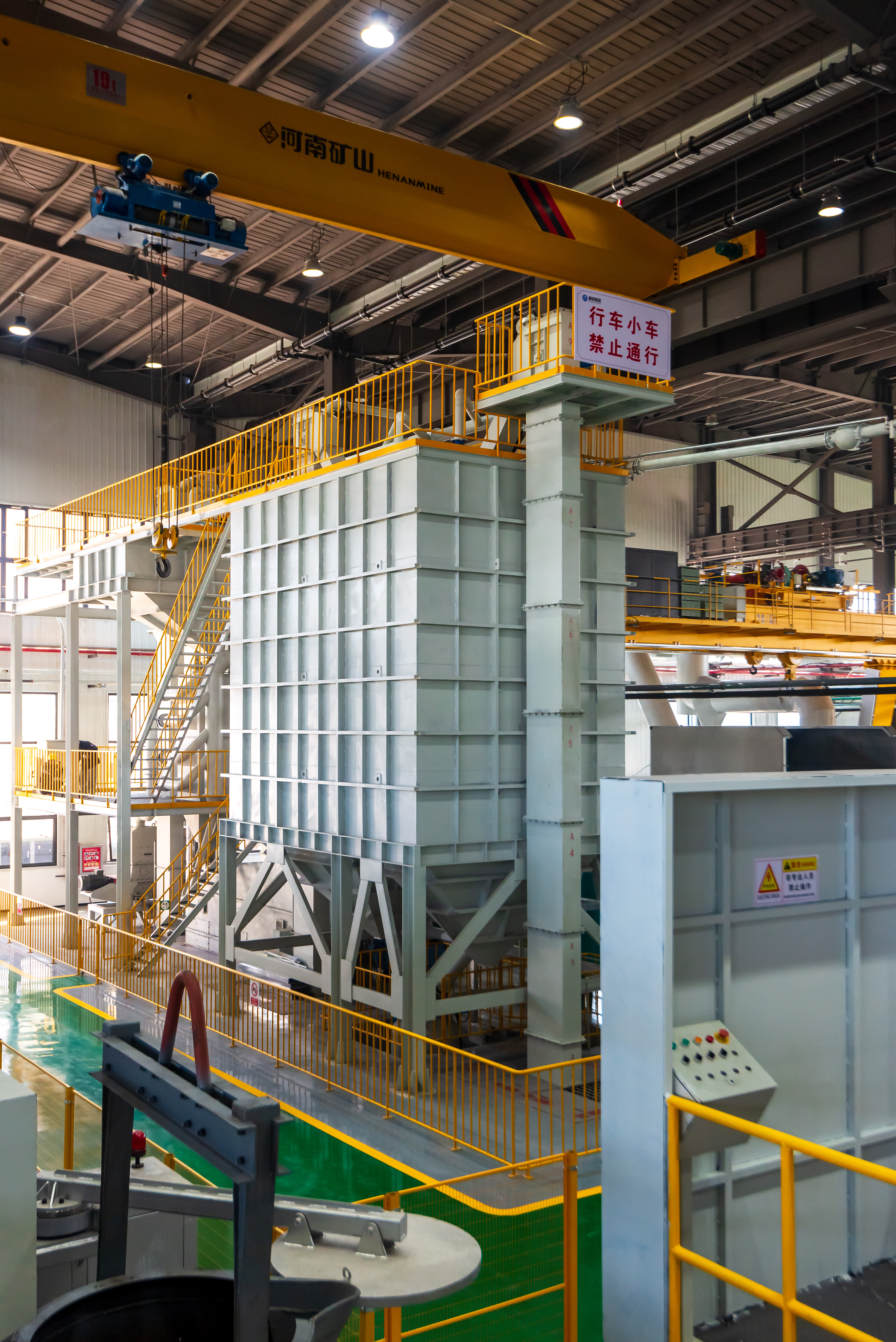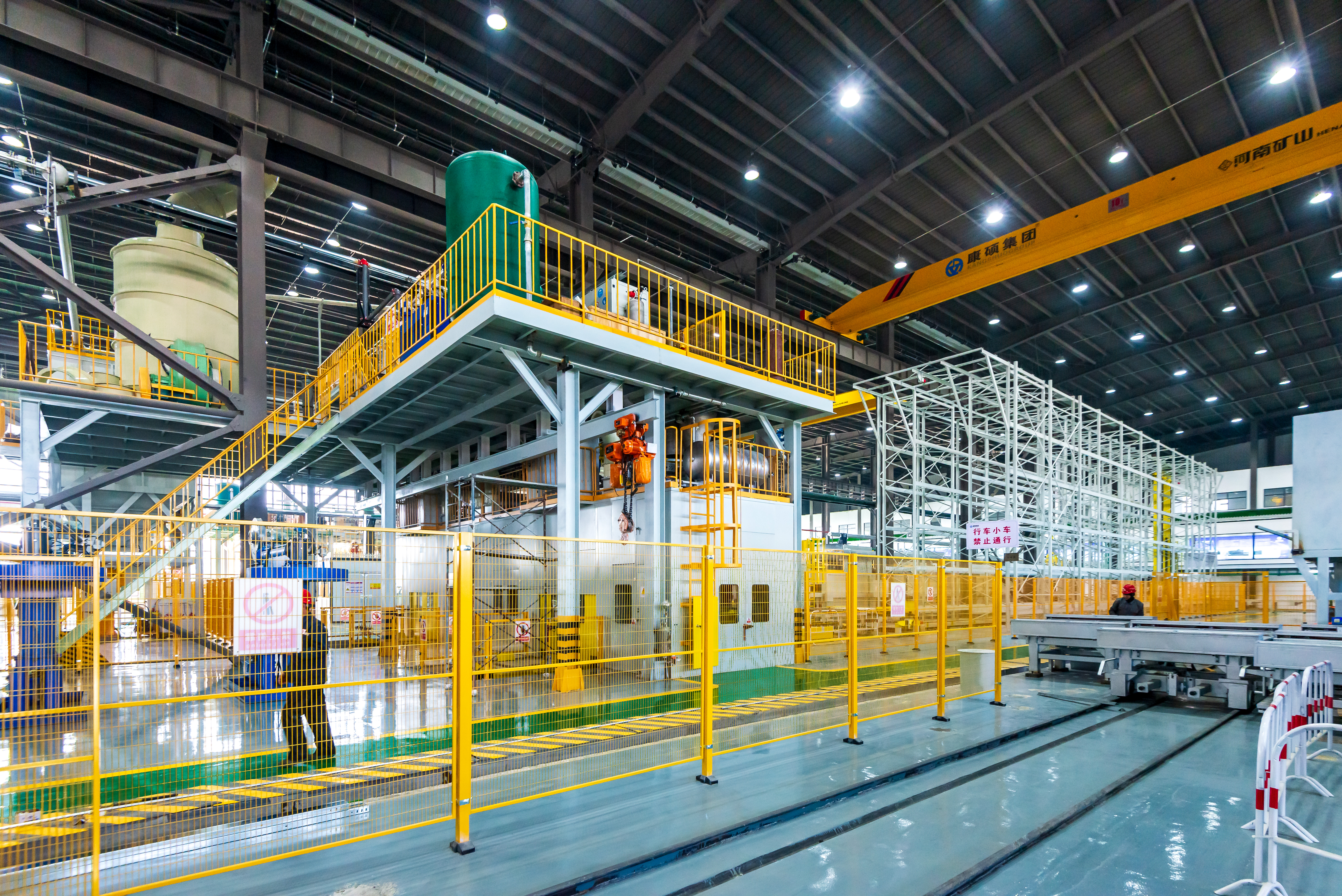casting cnc machining
Casting CNC machining represents a sophisticated manufacturing process that combines traditional casting methods with advanced computer numerical control technology. This hybrid approach begins with the creation of cast components through various casting methods such as die casting, sand casting, or investment casting, followed by precise CNC machining operations to achieve superior dimensional accuracy and surface finish. The process involves using computer-controlled cutting tools to remove material from the cast parts, allowing for complex geometries and tight tolerances that might be impossible to achieve through casting alone. The technology excels in producing components for automotive, aerospace, medical equipment, and industrial machinery sectors. Modern casting CNC machining centers are equipped with multiple axes of motion, enabling them to create intricate features, including undercuts, internal cavities, and precise threading. The integration of CAD/CAM software ensures consistency across production runs while minimizing human error. This manufacturing method is particularly valuable for components requiring both the cost-effectiveness of casting and the precision of CNC machining, making it ideal for medium to high-volume production runs where quality and dimensional accuracy are critical.


